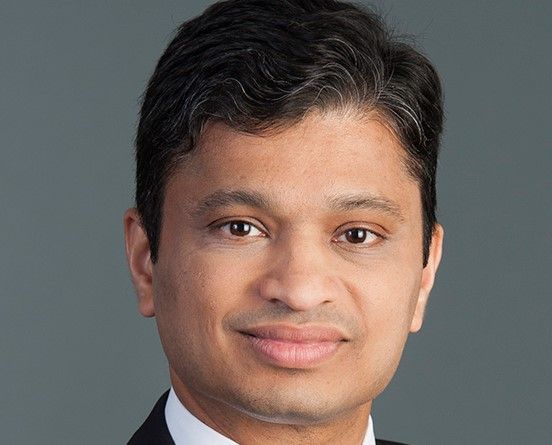Dhananjay Phadnis, Fidelity International
Many Asian companies are coming late to improving ESG disclosure and processes, so investor engagement can influence corporate behaviour and, in turn, create more sustainable investment outcomes.
This is based on a conviction that companies which are run on sustainable principles, take care of their stakeholders and strive for continual improvement, are ones that can deliver long-term value for investors, said Dhananjay Phadnis, portfolio manager of the Fidelity Sustainable Asia Equity Fund.
In his view, it is the early stage of its sustainability transition that makes the region interesting and attractive.
“Although investors have to contend with weaker ESG disclosure and less independent shareholding structures, the good news is that Asian companies are rapidly catching up with regard to ESG approaches,” said Phadnis.
As a result, investors can actively engage with management as they strive for better sustainability.
Engaging as partners
To help guide companies in Asia as they learn how to improve ESG practices, Fidelity aims to strike up a “genuine partnership”.
“We take a structured approach to our engagements both in terms of issues discussed and frequency of meetings,” said Phadnis.
This involves identifying what is material to that company and taking into account any controversies. The conversations include specific suggestions on what can be done to make the required ESG improvements.
Being a long-term investor is also important in getting Asian companies to open up. “We’ve had positive [discussions] with a number of companies across the region, including banks on coal-related financing and semiconductor companies on corporate governance and shareholder return policies,” Phadnis explained.
Another example is the engagement with a global electronics group to use its influence as one of the biggest household consumer brands to persuade key suppliers to reduce their carbon emissions. “We think this could prove an extremely effective approach,” added Phadnis.
Watching for ESG winners
Over the short- to medium-term, the trajectory of Covid-19 and global central bank policies will continue to shape opportunities in Asia ex-Japan equities.
Within the region, Fidelity sees North Asia’s relatively successful control of the virus reflected in superior market performance over the last six- to 12-months.
By contrast, Southeast Asian countries have been laggards, both in terms of recovery from the pandemic and market performance.
Yet this is also where the opportunities lie, said Phadnis. “We have been increasingly spending our time looking for new investments in these markets and are gradually adding to existing holdings.”
The asset manager has been focusing on companies that stand out compared with their peers from an environmental and social perspective. “The demand for such products is growing rapidly due to consumer concerns about health, sustainability, and animal welfare,” said Phadnis.
At the same time, there is a need to remain mindful and disciplined on valuations. The spotlight on the renewables sector, for example, has led to valuations in areas such as renewable energy, electric vehicles and the hydrogen supply chain becoming stretched.
“While these themes have a long way to run, the underlying stocks can be very volatile, especially when they are already pricing a lot into the future,” said Phadnis.
To mitigate issues arising from this, the targets are high-quality companies, run by strong management teams and where valuations are reasonable, he added.









